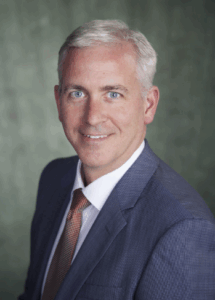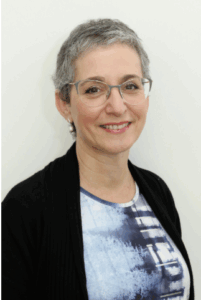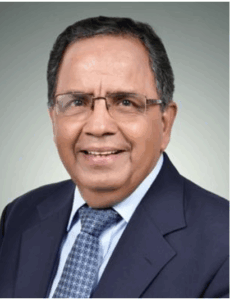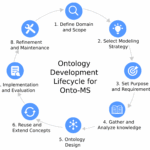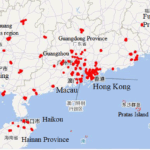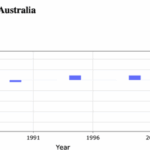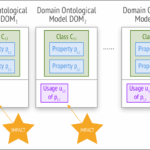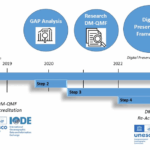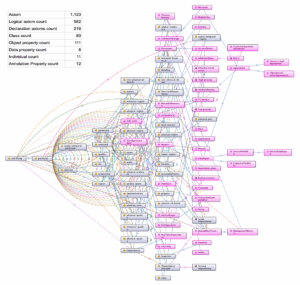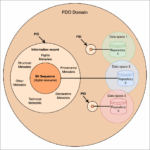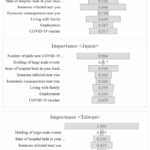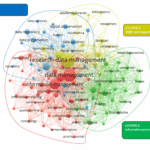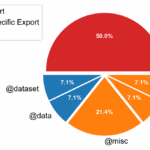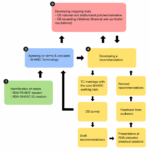 This is the fourth in the series of short statements from candidates in the coming CODATA Elections at the General Assembly to be held on 17-18 October 2025. Jeremy Frey is a candidate for the CODATA Executive Committee as an Ordinary Member. He was nominated by the United Kingdom.
This is the fourth in the series of short statements from candidates in the coming CODATA Elections at the General Assembly to be held on 17-18 October 2025. Jeremy Frey is a candidate for the CODATA Executive Committee as an Ordinary Member. He was nominated by the United Kingdom.
Jeremy G. Frey
(MA, DPhil, FRSC, CChem, M. Inst. P., FRSS)
School of Chemistry (and Chemical Engineering)
University of Southampton, University Road, SouthamptonSO17 1BJ, UK.
Candidate for CODATA Executive Committee
I am very pleased to be nominated by the UK delegation for the CODATA Executive Committee. If elected, I will work with the Executive Committee to build on my previous CODATA involvement and bring this together with my links to the UK and international data communities to help facilitate CODATA’s increased engagement with more disciplines and stays at the heart of the digital and AI revolution in science and society.
LinkedIn https://www.linkedin.com/in/jeremygfrey/
University of Southampton https://www.southampton.ac.uk/people/5wxwdv/professor-jeremy-frey
Google Scholar https://scholar.google.com/citations?user=cIXkTUoAAAAJ&hl=en
 My Current & Previous involvement with CODATA
My Current & Previous involvement with CODATA
I have been the IUPAC (International Union of Pure and Applied Chemistry) delegate to the CODATA GA for several years. Just over 4 years ago the Digital Representation of Units of Measure (DRUM) Task Group was proposed, and I was a founding member and now chair of the TG. My work on the IUPAC Green Book (Quantities, Units, and Symbols in Physical Chemistry) since 1999, brought me into contact with CODATA, from the fundamental constants though to the wider issues of communicating data.
Biography
 I describe myself as a physical and digital chemist. I obtained BA and DPhil in Chemistry from University of Oxford, followed by a NATO/SERC fellowship at the Lawrence Berkeley Laboratory (University of California) working with Professor Yuan T. Lee. I was appointed to a lectureship at the University of Southampton in 1984 where I am now Professor of Physical Chemistry in the School of Chemistry and Chemical Engineering. I was head of the Computational Systems Section from 2014 to 2024 and head of Physical Chemistry Teaching from 2012 to 2024.
I describe myself as a physical and digital chemist. I obtained BA and DPhil in Chemistry from University of Oxford, followed by a NATO/SERC fellowship at the Lawrence Berkeley Laboratory (University of California) working with Professor Yuan T. Lee. I was appointed to a lectureship at the University of Southampton in 1984 where I am now Professor of Physical Chemistry in the School of Chemistry and Chemical Engineering. I was head of the Computational Systems Section from 2014 to 2024 and head of Physical Chemistry Teaching from 2012 to 2024.
In the 2000’s I was involved in the UK e-Science (CombeChem project) and Digital Economy programmes (IT as a Utility and Internt of Food Things Networks) and more recently as PI of the AI for Scientific Discovery Network (www.ai4science.network and see https://www.youtube.com/c/AI4ScientificDiscovery). Currently I am a co-I on the Physical Science Data Infrastructure project (www.psdi.ac.uk) and Physicals Science data Science Service (www.psds.ac.uk) and AIchemy AI Hub (https://aichemy.ac.uk/).
From 2020 – 2022 I was a Turing Fellow at the UK Alan Turing Institute. I recently started a new phase of our laboratory-based laser-driven water-window x-ray microscopy project with the Rosalind Franklin Institute (www.rfi.ac.uk).
 I have been a very active member of the Royal Society of Chemistry (RSC) throughout the whole of my chemistry career, and I am now a Trustee of the RSC as well as involved in several RSC committees.
I have been a very active member of the Royal Society of Chemistry (RSC) throughout the whole of my chemistry career, and I am now a Trustee of the RSC as well as involved in several RSC committees.
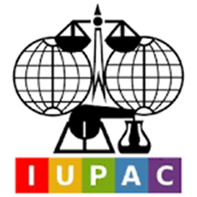 In IUPAC I am vice president of the IUPAC Div 1, (and I will be President from the start of 2026), a member of Committee on Publications and Data Standards (CPCDS), the Interdivisional Committee and Terminology, Nomenclature and Standards (ICTNS) and as mentioned above the Green Book Project chair (and Commission I.1). I am a member of the American Chemical Society, the Institute of Physics and a Fellow of the Royal Statistical Society
In IUPAC I am vice president of the IUPAC Div 1, (and I will be President from the start of 2026), a member of Committee on Publications and Data Standards (CPCDS), the Interdivisional Committee and Terminology, Nomenclature and Standards (ICTNS) and as mentioned above the Green Book Project chair (and Commission I.1). I am a member of the American Chemical Society, the Institute of Physics and a Fellow of the Royal Statistical Society
I believe strongly in interdisciplinary research and trans-sectorial interactions, working with industry and governments as well as international academic and third sectors organisations.
 The UK sustainability goals are an useful set of guidelines for all our research aims and for example I am a co-I on the DICE Network on Digital and the Circular Economy (https://dice-networkplus.org) and we recently completed a spin-out from the University of Southampton, to form Data Revival (https://www.linkedin.com/company/88907006/admin/dashboard/ ) to help companies make the best use of their data resources to meet the demands of the digital age.
The UK sustainability goals are an useful set of guidelines for all our research aims and for example I am a co-I on the DICE Network on Digital and the Circular Economy (https://dice-networkplus.org) and we recently completed a spin-out from the University of Southampton, to form Data Revival (https://www.linkedin.com/company/88907006/admin/dashboard/ ) to help companies make the best use of their data resources to meet the demands of the digital age.
Online Links
Recent highlight was being invited to give a Plenary talk at the American Chemical Society Fall Meeting 2023 – see recording https://www.acs.org/meetings/acs-meetings/past-meetings/opening-session/harnessing-the-power-of-data.html – with an audience ~ 1000 people.
Podcast recorded by Jisc – “I wanted to thank you again for being a guest on the research talk podcast, your episode is still by far our most popular with over 3,600 listens! From Jasmin Standish, https://beta.jisc.ac.uk/podcasts/research-talk-digital-research-infrastructure?utm_medium=jeremy-frey&utm_source=guest&utm_campaign=research-talk
Recent Major Grants
| Year | Awarding Agency | Project |
| 2025 | EPSRC | Co-I for the DICE Network on Circular Economy (£2M) |
| 2024 | EPSRC | Pi X-ray microscope (with the Rosalind Franklin Institute and Central Laser Facility) (£4M) |
| 2024 | UKRI | Co-I on AlChemy AI Hub (total grant £6M) |
| 2024 | EPRSC / DRI | Co-I Physical Sciences Data Infrastructure Phase 2 (£2M) |
| 2023 | EPSRC | Co-I Physical Sciences Data Science Service Extension (£1M) |
| 2023 | EPSRC | Co-PI AI for NetZero, £250 ([art of larger £1M grant) |
| 2023 | EPSRC | Co-Green Solvents (£1.6M) |
| 2022 | EPSRC / DRI | Co-I Physical Sciences Data Infrastructure Phase 1b £1.5M |
| 2021 | EPSRC / DRI | Co-I Physical Sciences Data Infrastructure Phase 1 £1.5M |
EPSRC – The Engineering and Physical Sciences Research Council part of UK Research & Innovation(UKRI)
DRI – Digital Research Infrastructure programme

